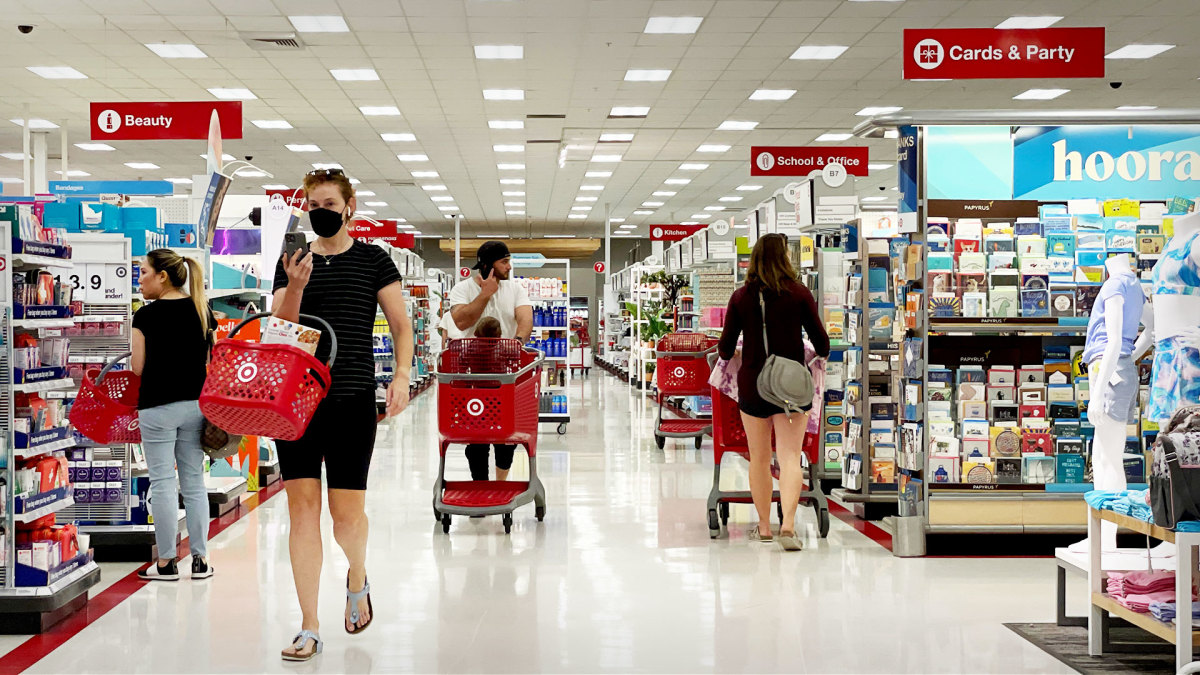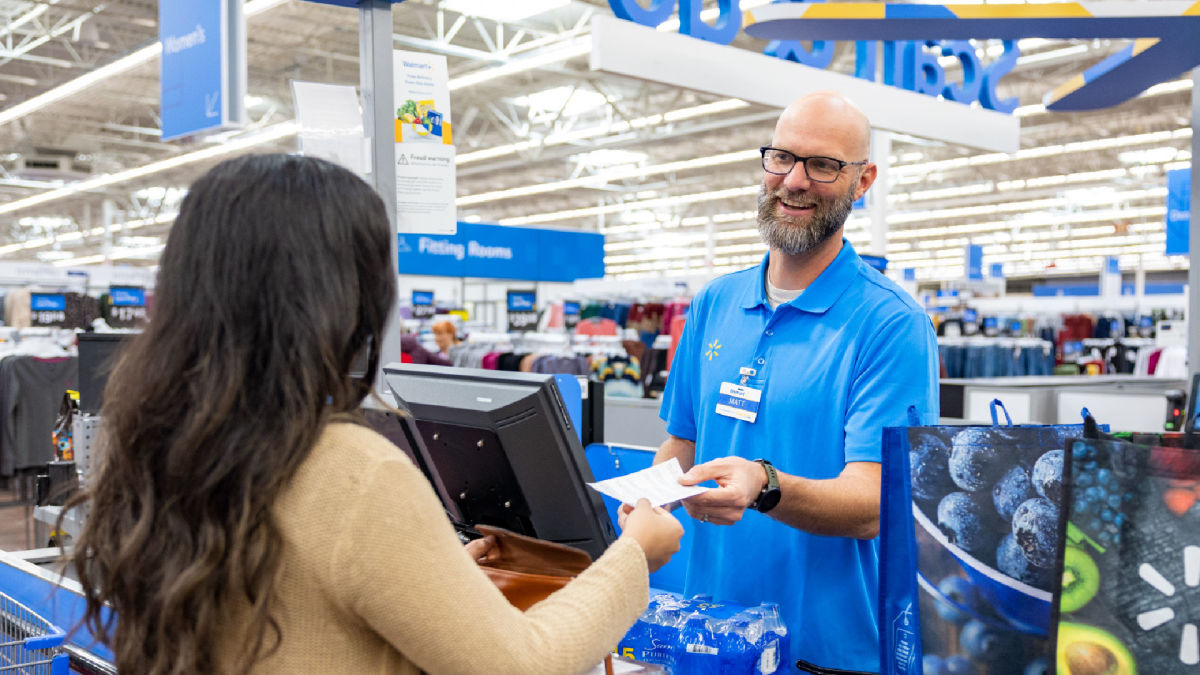
Target and Walmart have both cited retail theft as a drag on profits.
Neither company has openly commented on how their increased reliance on self-checkout has added to this trend. Self-checkout blurs the line between customers making a mistake and actually stealing. It's very difficult for the retailers to know exactly what's happening and whether an item did not scan or whether it was intentionally not scanned.
But, self-checkout is not the only pain point when it comes to retail theft. Consumers still grab items off shelves, and stopping that requires both Target (TGT) -) and Walmart (WMT) -) to make some difficult decisions. The challenge in combating retail theft is that the methods that work inconvenience customers who aren't stealing.
Related: Target makes an extreme move to cut retail theft
That could push them to Amazon or other online retailers because people shop in stores because it's immediate and faster than ordering online. When you force them to wait for store associates to open locked cases, you remove that convenience and drive them online.
It's a fine line both Target and Walmart have to walk where the solution won't be cheap. That's something that Mazars partner Raphy Soussan, who has over 25 years of experience working with consumer product companies, made clear in comments on how both big-name retailers can deal with theft during an email conversation with TheStreet.
Mazars is a global accounting, tax and consulting firm.

Image source: Walmart.
Target and Walmart cannot stop theft
"Whatever steps retail stores take to prevent theft will only minimize it; it won't entirely solve the problem," Soussan told TheStreet.
That does not mean they can't take steps to cut down on theft and minimize the impact on their bottom line. He also believes that retailers need help from local governments.
"A few stores have recently released their earnings reports and said their retail shrink has improved, but a significant loss still eats into their earnings," Soussan shared. "Many states have a minimum dollar amount that customers must steal before it becomes a crime. To control theft, this minimum number needs to come down."
Without cooperation from local authorities, Soussan believes that retailers will have to take drastic steps.
"If they do not have adequate measures to counteract theft, they will have to close stores because of it, and the community will suffer by not having access to buy things they need," he shared.
Both Target and Walmart have closed stores because they did not believe they could operate them safely. These closures have been minimal so far, but both chains could pull out of more cities if they don't get more help from local governments and law enforcement.
Target and Walmart have moves they can make
Soussan has some simple suggestions for retailers that customers may not like.
"Hide high-dollar items and have more salespeople to assist and open up/unlock the cabinets," he shared. "Put high-end items up front to attract customers and pull them into the store. These items should also be behind locked cabinets."
He also believes that retailers should simply stock fewer items and make some high-theft goods online only. The loss prevention expert also recommended going back to a practice many stores adopted during the covid pandemic.
"Smaller stores are also closing dressing rooms due to theft to minimize it, allowing them to have one less person staffed there. This has been a cost-saving strategy for smaller retailers. More stores are also extending their return policy, especially around the holidays. This helps to counterbalance the closed dressing rooms but also deters people from trying on at larger retailers that may still have dressing rooms open," he added.
Soussan also suggests that stores use some simple technology to cut down on theft.
"Technology such as clothing security tags helps deter theft as it is hard to take off and sell in the secondary market," he shared.
Soussan believes that employees can be part of the solution, but that's a tightrope for retailers to walk.
"Employee training is tricky as you do not want the employee to go after someone stealing for their safety. Additionally, you want to avoid discrimination and profiling when thinking someone is stealing," he shared. "Having more people on the floor, especially seasonal temps during the holiday season, will help deter theft. These seasonal hires also help provide better customer service while simultaneously monitoring the inventory."







